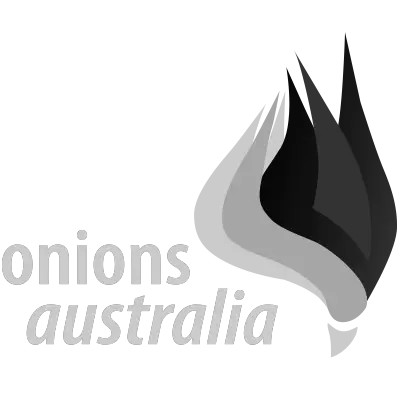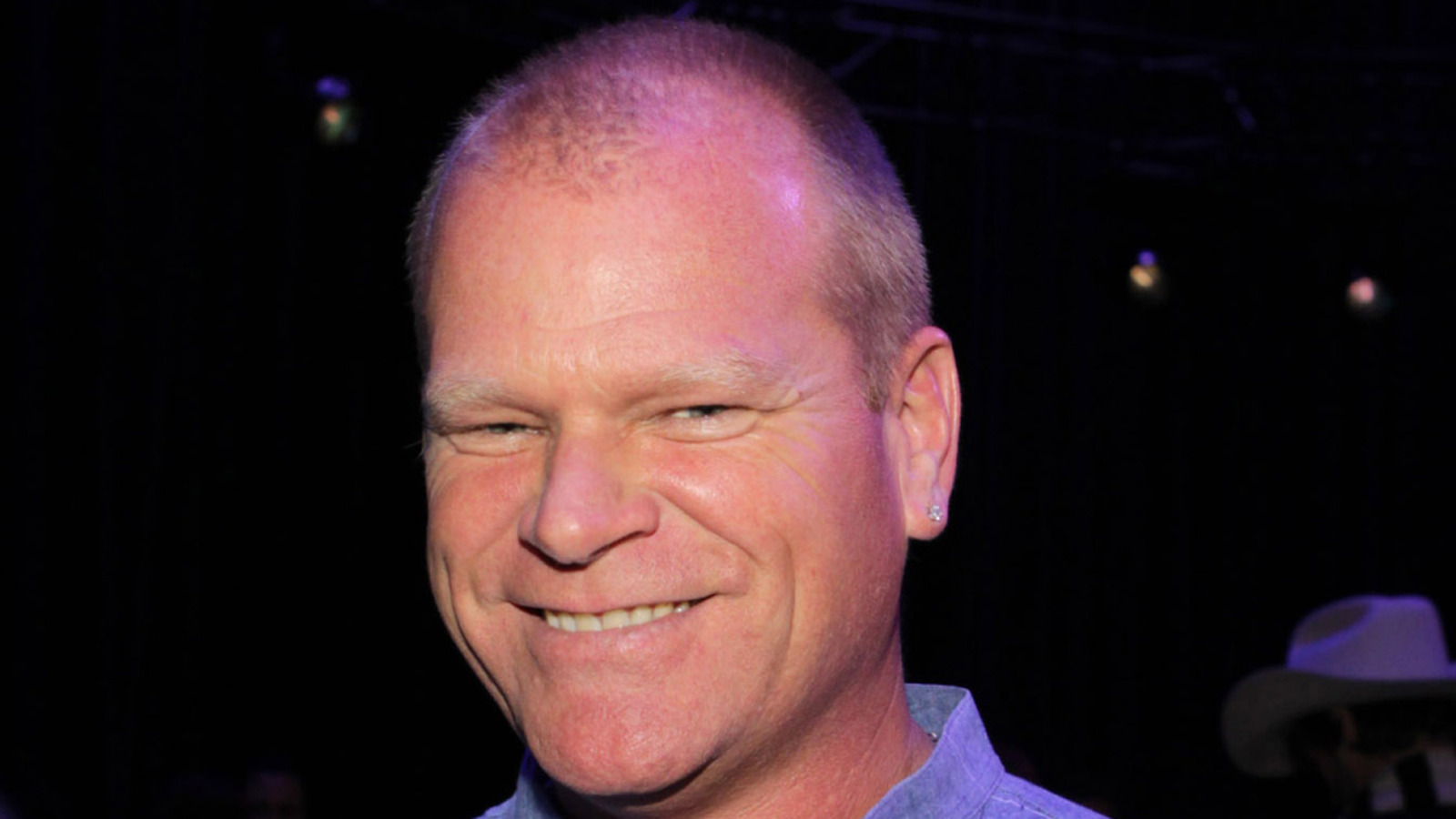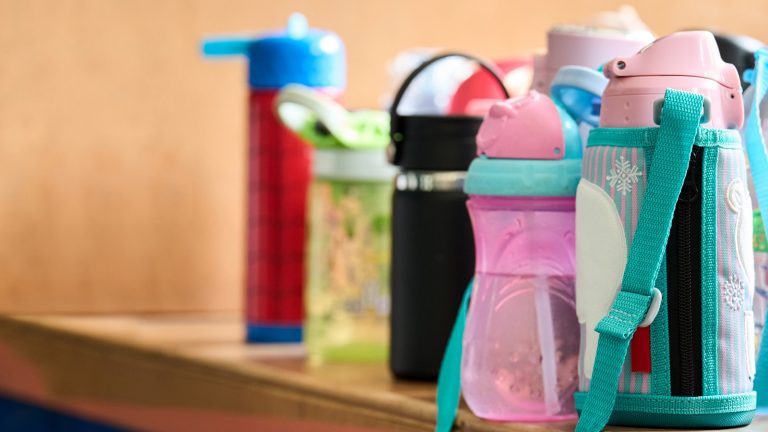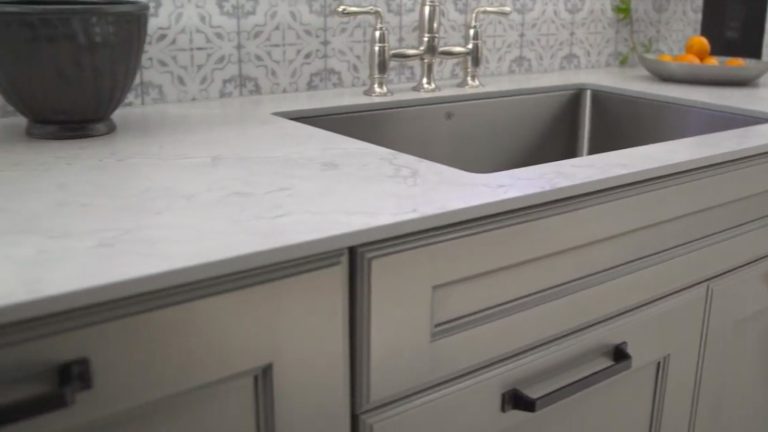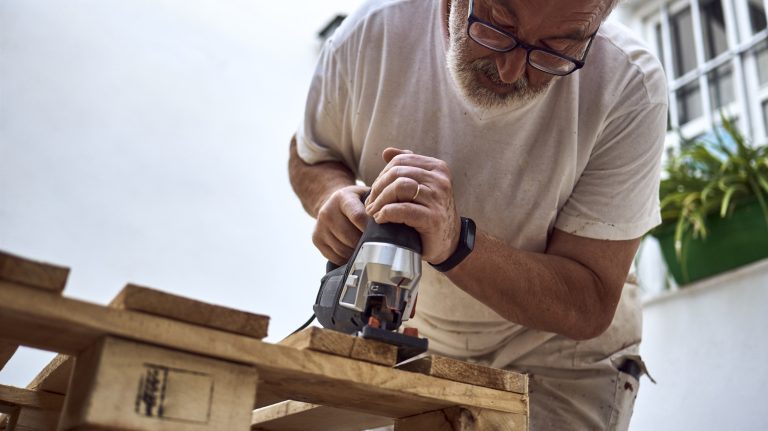
There are several reasons you might be considering upgrading your HVAC system. Rising utility costs could be prompting you to explore more energy-efficient solutions. Perhaps your current system is so outdated that you’re on a first-name basis with your HVAC technician. Or maybe you’re struggling to find the perfect room temperature, much like Goldilocks. HGTV’s Mike Holmes suggests that if you want a solution that can both heat and cool your home while significantly cutting down your energy expenses, installing a heat pump is a smart choice.
“The biggest advantage … of using an air-source heat pump is the high efficiency it can provide … compared to other systems like furnaces, boilers, and electric baseboards,” Holmes writes on his blog, Make It Right. A heat pump (or mini-split system) functions via a condenser located outside your home and an air handler unit inside. A refrigeration line links them to circulate hot or cool air. The Canadian contractor recommends Bosch units, but there are numerous top-rated mini-split brands worth considering for your home.
Heat pumps can be either ducted or ductless. If your home already has ductwork, a ducted heat pump system is ideal for nearly invisible, whole-house heating and cooling. Ductless heat pumps offer more temperature control across various zones in your home, but you might have visible units throughout if you choose this option.
How to Choose the Right Heat Pump for Your Home
The size of your home is a key factor in determining the appropriate size of a heat pump. Heat pumps are measured in tons, and generally, HVAC manufacturers and technicians suggest one ton of air conditioning capacity for every 500 square feet of living space. Additionally, consider the average temperatures in your region and ensure your existing ductwork is appropriately sized for maximum efficiency. Avoid undersizing or oversizing your heat pump, as it could result in frequent cycling and increased costs.
“I highly recommend looking into sources of heat loss in your home,” Mike Holmes adds in his blog post about heat pumps. “Check windows and doors for air leakage first. Address these issues before buying a heat pump, as you might end up needing a smaller unit!” It’s also essential to assess the insulation in your walls and roof. If you have small rooms with high ceilings, this can affect the overall space you need to heat or cool. Consult with an HVAC professional to determine the best system for your needs.
The average cost for a heat pump ranges from $4,247 to $7,933. While this may seem daunting, especially if you’re already grappling with high energy bills, now is an ideal time to replace your old unit due to government rebate programs. Installing Energy Star Most Efficient heat pumps can make you eligible for a tax credit. Check with your local electric company for additional incentives.
Considerations and Downsides of Heat Pumps
There are some downsides to installing a heat pump that you should consider. “Most manufacturers of air-source heat pumps have a minimum operating temperature, meaning the unit can’t function below a certain temperature,” Mike Holmes cautioned on his blog. It’s crucial to consider the average temperatures in your area because in extremely cold conditions, your heat pump might not be as efficient and could switch to an emergency heat mode, significantly increasing your energy bill.
In sub-zero conditions, your heat pump could ice over, necessitating a defrosting mode that temporarily sends cold air into your home. Poor insulation or single-pane windows can make it difficult to maintain comfort, requiring supplementary heating sources. “Natural gas heating systems can be used as backup systems for central heat pumps … In many rural areas, wood heating supplements a heat pump on the coldest days,” Holmes noted.
Even if you reside in a mild climate, there are other drawbacks to consider. The initial installation costs are higher than those of a new furnace or electric HVAC system, especially if modifications to ductwork, insulation, or multiple areas are needed. Heat pumps can be noisier due to the compressor and fan. There are also sustainability concerns related to refrigerants that may leak over time or if the unit gets damaged.

